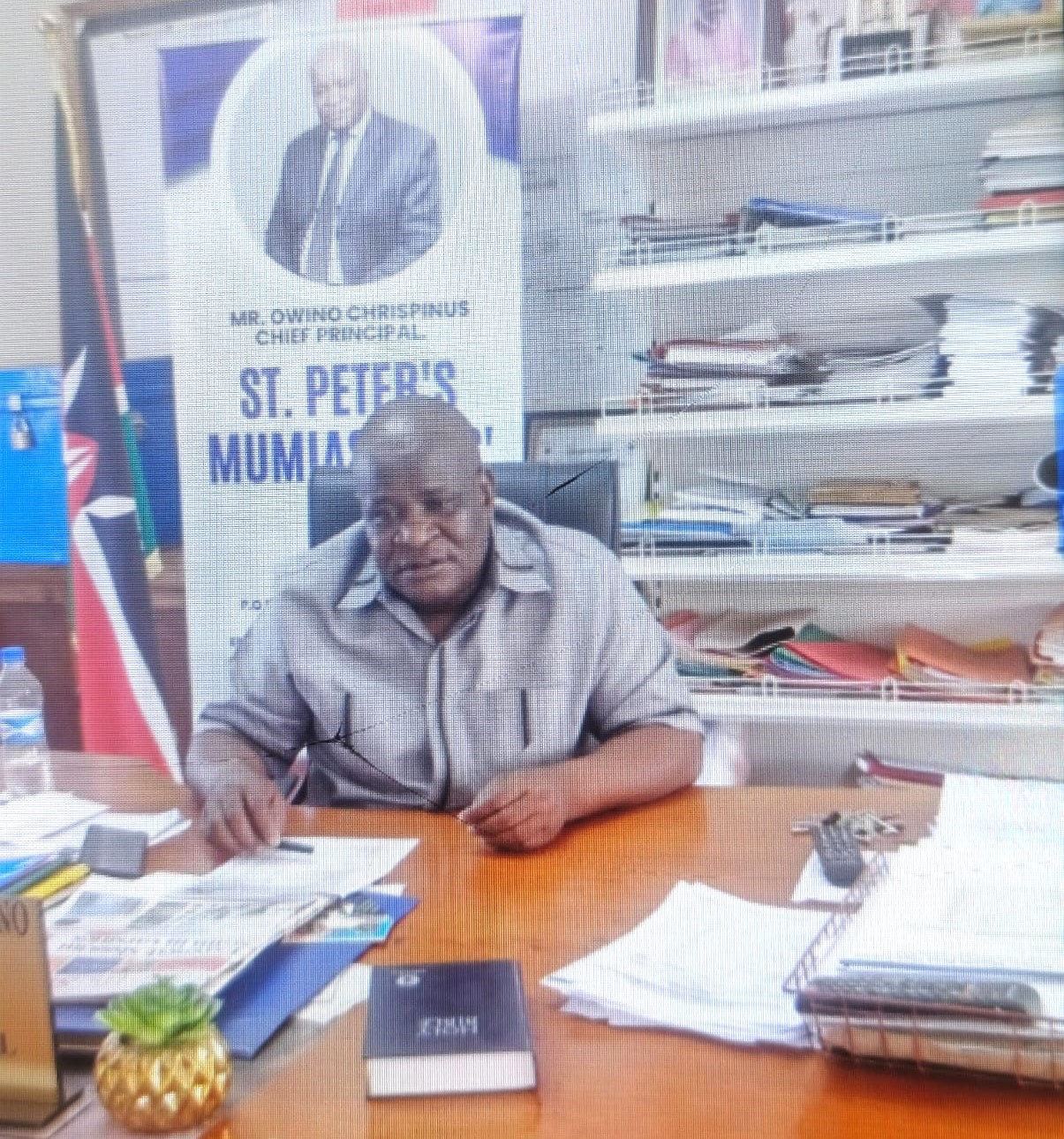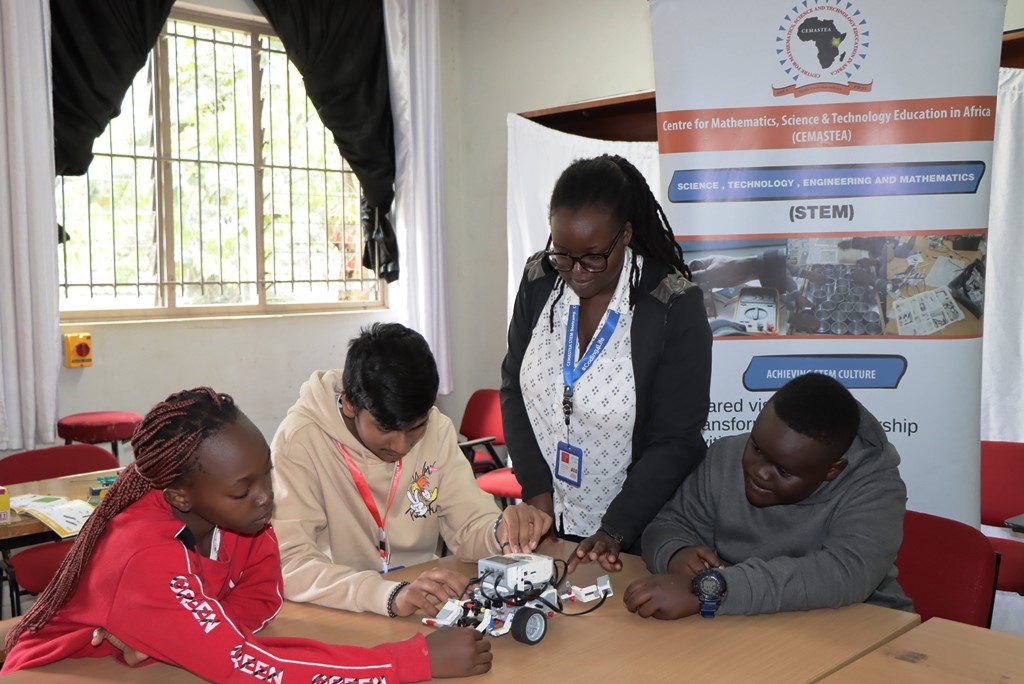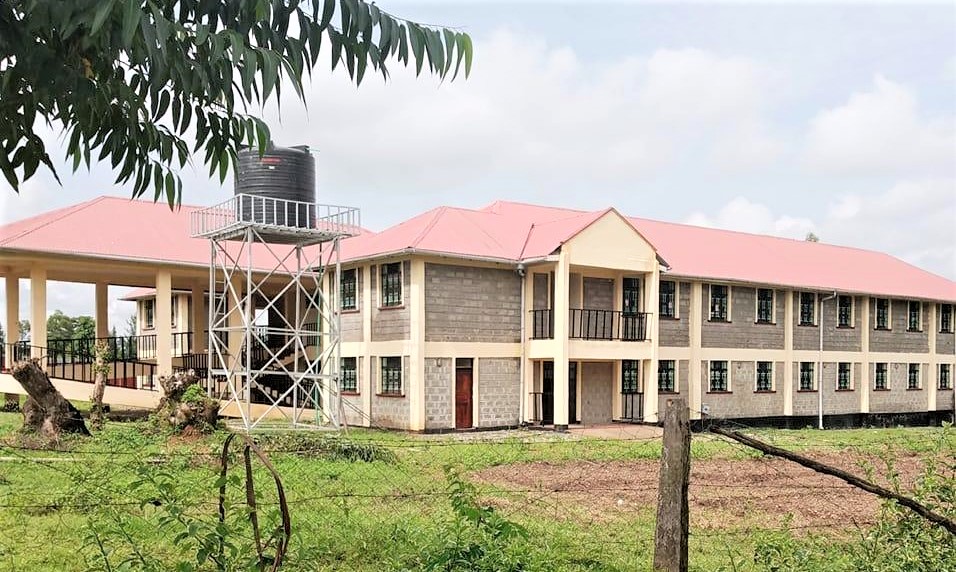As the examination homestretch tightens and learners in Grade 6 (KPSEA), Grade 9 (KJSEA), and Form 4 (KCSE) prepare to face the most decisive academic challenge of their lives so far, group discussions emerge as one of the most powerful and effective revision tools.
In a period characterised by pressure, heightened anxiety, and time constraints, collaborative learning provides more than just academic value—it sharpens understanding, boosts confidence, and fosters a sense of community and shared purpose among candidates.
Group discussions allow candidates to reinforce their learning through the power of explanation. When learners teach each other, they deepen their understanding of the material. A student may have struggled with a concept in class, but hearing it explained more straightforwardly by a peer often triggers a lightbulb moment.
Discussions encourage active participation rather than passive listening. Unlike classroom lectures that can be teacher-dominated, group discussions provide everyone with an opportunity to ask questions, answer others, and test their knowledge. It becomes a space where knowledge is not just received but processed, applied, and retained.
The homestretch before exams is not just about how much one knows, but how quickly one can recall, analyse, and apply that knowledge. Group discussions simulate exam-like thinking. As questions are posed, debates emerge, and explanations flow, learners begin to think more critically and faster. This sharpens mental agility, which is vital in timed exams. Discussions also expose learners to a diversity of perspectives. One student’s interpretation of a literature question may open new insights for others. A science formula that puzzled one learner may become clear through a simple real-life example shared by a peer. Such collaborative moments often lead to breakthrough understanding.
Moreover, group discussions help to cover large syllabi more effectively. In the final weeks before exams, time is a precious commodity. Working alone can be slow and overwhelming. But in a group, learners can divide topics, summarise key points, and teach one another. This peer-teaching model lightens the load and allows for quicker revision. It’s not just faster; it’s more focused. Stronger students have the opportunity to solidify their knowledge while supporting others, while weaker students benefit from peer-guided explanations delivered at a more relatable pace.
READ ALSO:
Kisumu education boss urges tech integration from ECDE to college level
The psychological support embedded in group discussions is often overlooked but immensely powerful. The exam homestretch is emotionally demanding. Learners battle self-doubt, fear of failure, and mental exhaustion. Being part of a study group reminds candidates that they are not alone. It fosters a community of shared struggle, effort, and encouragement. Just seeing fellow learners study diligently can be a motivation in itself. The group becomes a source of discipline and accountability—members push each other to stay focused, revise consistently, and show up every day. That emotional solidarity often becomes the difference between giving up and pressing on.
Additionally, discussions sharpen communication skills and boost confidence. Many learners are familiar with the content but struggle to articulate it clearly. In group settings, learners continually articulate their thoughts, answer questions, and construct arguments. This strengthens their ability to write structured, coherent answers in the exams. When a candidate can explain a point clearly to others, it’s a strong sign that they have understood it deeply.
However, for group discussions to be effective in the homestretch, they must be well-managed. Undisciplined or unfocused groups can become distractions. Time should be used efficiently. Each session must have clear objectives—what topics are to be covered, who leads what, and how much time is allocated. Members should be punctual, respectful, and committed to their responsibilities. Leadership within the group should rotate to give everyone a chance to contribute and learn from different facilitation styles.
It’s also important that group discussions don’t replace individual study entirely. They should complement private revision. A healthy balance is key—learn on your own, then reinforce and test your understanding with peers. Learners should prepare for discussions by reading in advance so they can participate meaningfully and effectively. Going into a discussion unprepared wastes time and slows the group down.
In addition, care should be taken to ensure that discussions do not become sources of comparison or competition. Learners should uplift one another, not discourage them. Avoid showing off or dominating. The goal is not to prove who knows more, but to help each other grow. Every learner, regardless of performance level, has something to offer. Respect for all members and mutual encouragement are vital.
As exams approach, the atmosphere in schools and homes becomes intense. Learners can feel overwhelmed by the sheer volume of content, the ticking clock, and the weight of expectations. In such moments, group discussions serve as academic lifelines. They help learners cover more ground, clarify doubts, and build confidence. But more than that, they foster resilience, a sense of belonging, and motivation. They remind learners that the journey is not solitary—that others are walking it with them, facing the same fears, and dreaming the same dreams.
In this final lap, where every hour counts and every effort matters, group discussions offer not just an academic boost but a psychological edge. They make learning dynamic, engaging, and human. In a season that often isolates candidates into books and anxiety, discussions bring connection and hope. For the Grade 6, Grade 9, and Form 4 candidates of 2025, the power of group discussions may be the silent force that turns pressure into performance and fear into excellence.
Ashford Kimani
Ashford teaches English and Literature in Gatundu North Sub-County and serves as Dean of Studies.
You can also follow our social media pages on Twitter: Education News KE and Facebook: Education News Newspaper for timely updates.
>>> Click here to stay up-to-date with trending regional stories
>>> Click here to read more informed opinions on the country’s education landscape






